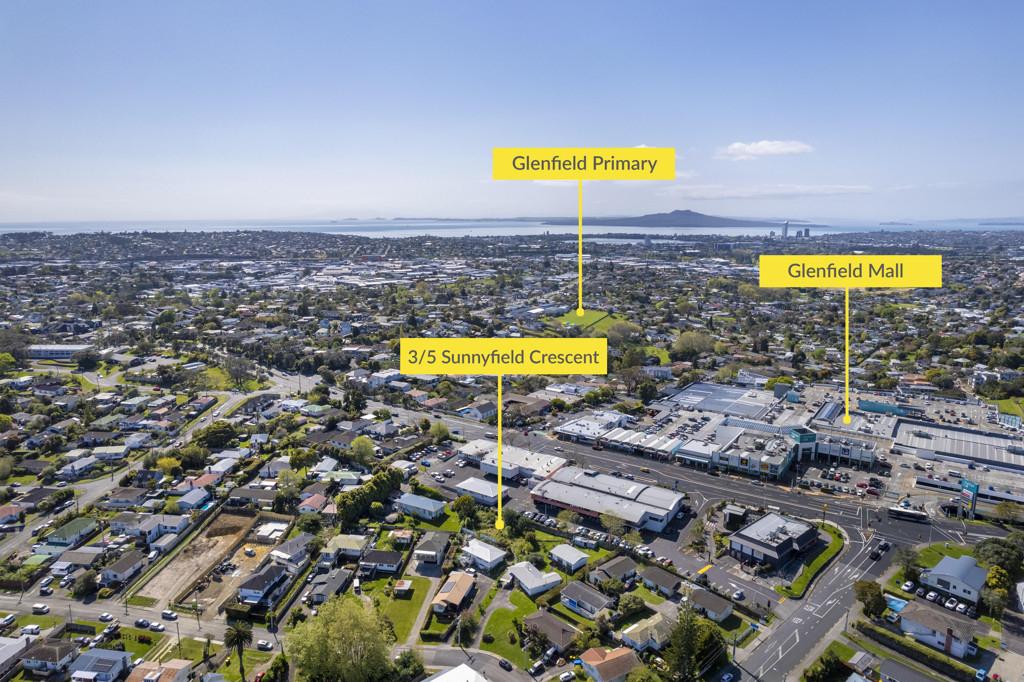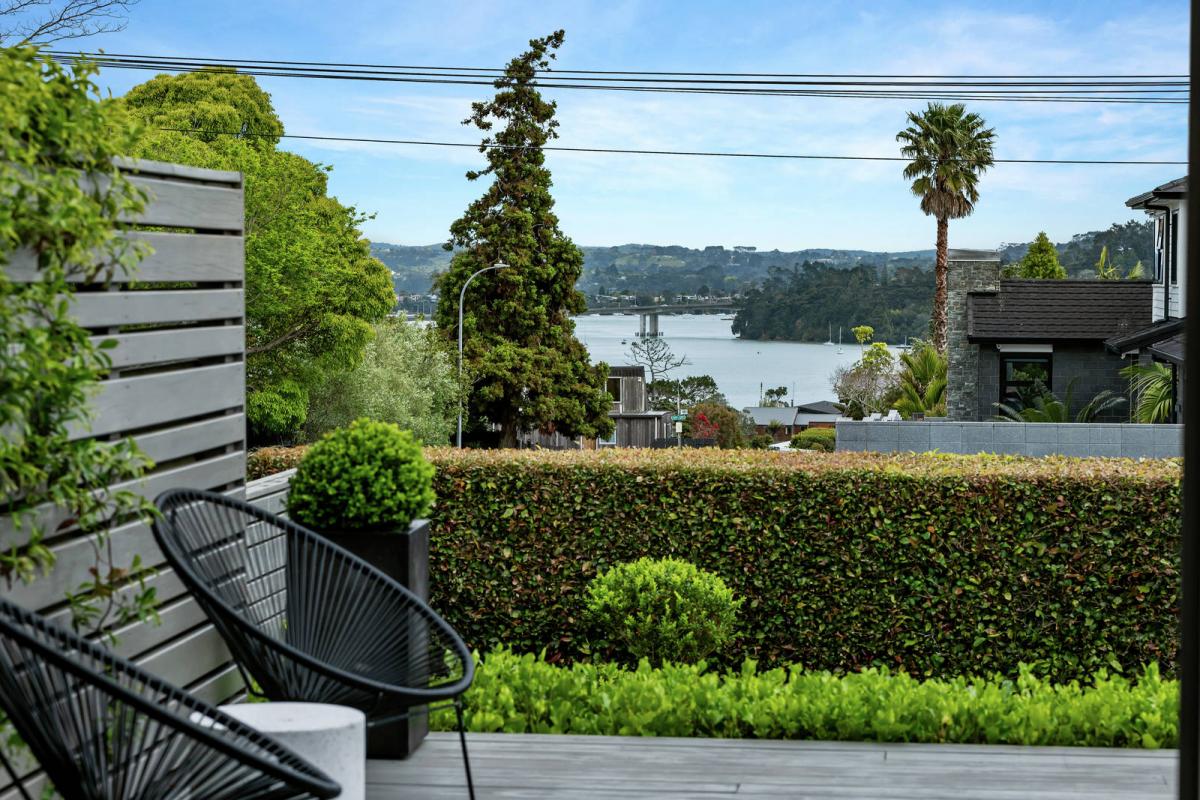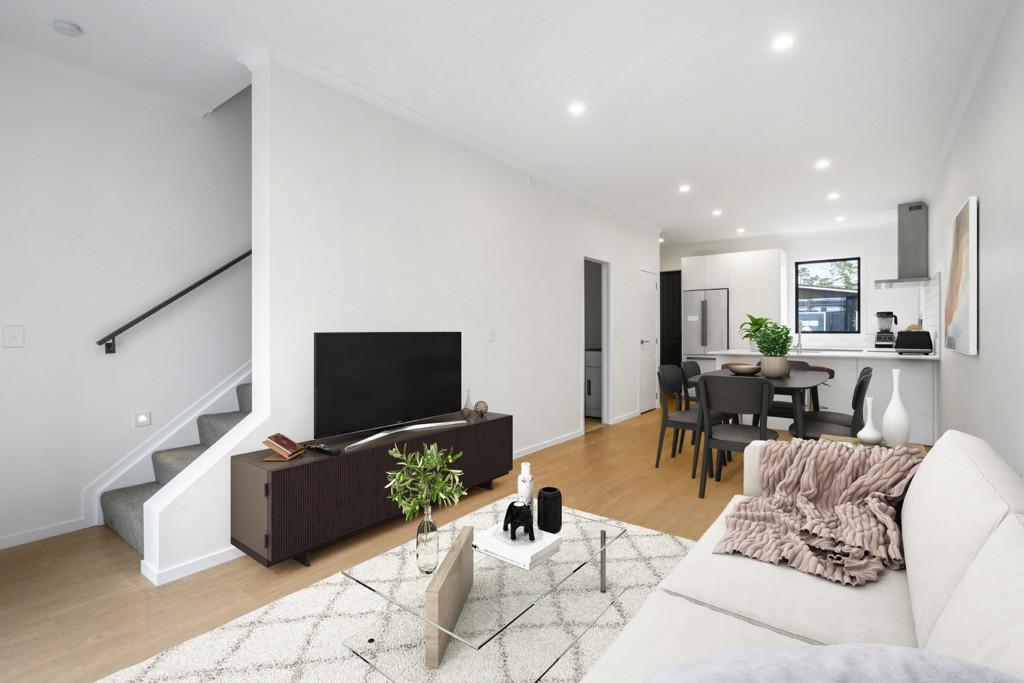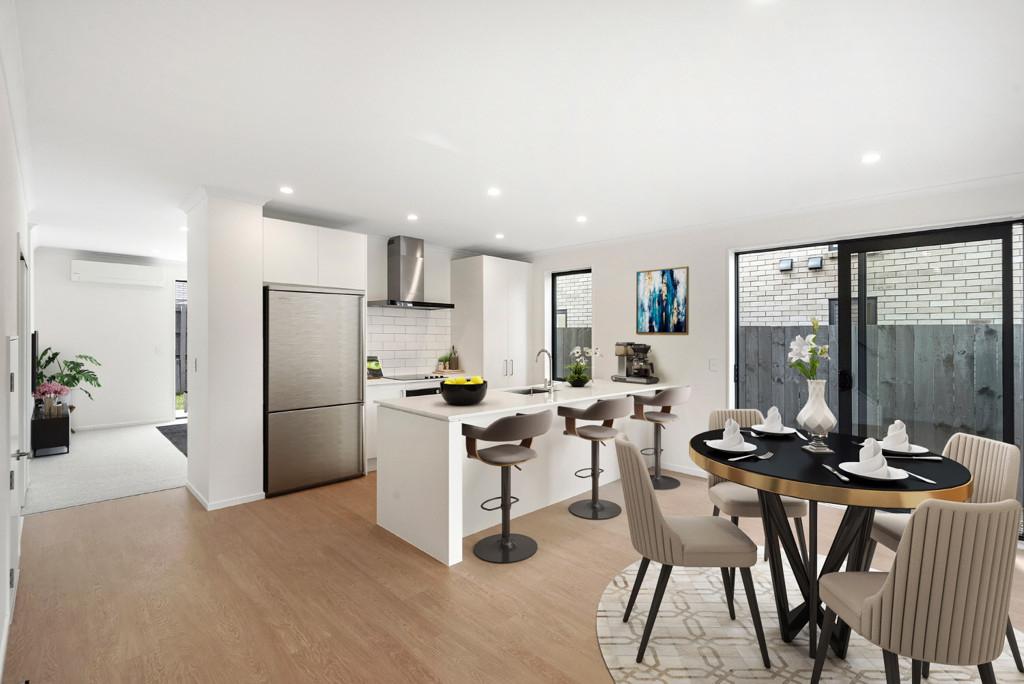Diagnostic breast service boosts the battle against breast cancer
A newly developed facility, renamed as Kia Ū Ora – Waitematā Breast Service, was opened today at North Shore Hospital to improve access and health outcomes for patients.
The service will provide a world-class level of assessment, diagnosis and multidisciplinary treatment for people with breast cancer and breast disorders.
Breast Cancer is the leading cause of cancer deaths for women in the Waitematā DHB catchment which has the largest population of any DHB in the country.
Patients have previously attended various appointments at a number of different locations across the DHB during the course of their diagnosis,
treatment and post-operative care.
“This co-located approach will be hugely convenient for our patients and will, in certain cases, mean various needs can be met on one day and in one place,” said Waitematā DHB CEO Dr Dale Bramley.
“Most importantly, it will contribute to improved diagnosis and treatment times – helping us make a dramatic difference in the lives of our patients, their families and whānau.”
The modern new unit occupies a vast ground floor space that has been completely redeveloped since its previous occupants were relocated to upgraded premises elsewhere.
It includes additional ultrasound and mammogram capability – as well as extra consultation rooms in a reconfigured and refurbished easy-to-access premises.
Breast Cancer Foundation NZ is a major supporter of the project and had representatives present during today’s opening.
“Our $1 million contribution towards Kia Ū Ora is recognition of just how important this service is,” said Breast Cancer Foundation NZ chair Justine Smyth.
“It’s crucial that everyone who is referred by their GP to the service is seen quickly so that any breast cancer found can be treated as early as possible, giving the best chance of survival.
“Going through a cancer assessment is hugely worrying and women shouldn’t have to face unnecessary delays."
Attending the opening are Waitematā DHB CEO Dr Dale Bramley, Breast Cancer Foundation New Zealand board chair Justine Smyth, Waitematā DHB board chair Professor Judy McGregor, Dr Susan Gerred.

Poll: Does grocery bagging affect where you shop?
There's only a few differences between our larger chain supermarkets here in New Zealand. Having someone bag your groceries is one of them.
Does having your groceries packed for you at the checkout influence where you do your grocery shop? If so, tell us why.

-
24.1% Yes
-
75.2% No
-
0.7% Other - I'll share below
Six tips for improving security around your home
1) Improve outdoor lighting
Ensure that streets, driveways, and front yards are well-lit. Motion-sensor lights around homes deter trespassers by reducing hiding spots and illuminating their movements.
2) Trim your trees
Overgrown shrubs and trees provide cover for intruders. Keeping them well-trimmed around windows and doors improves visibility and reduces potential hiding spots.
3) Secure Entry Points
Ensure doors, windows, and gates are always closed when you are away from the house. Upgrade to more secure locks, deadbolts, or even smart locks for added protection.
4) Add a security camera
Place security cameras in the main entry points to your home. Doorbell cameras are also relatively cheap and a great way to keep track of who is visiting your home when you aren't there.
5) Start a Neighborhood Watch Program
You could reach out to members on Neighbourly to form a group of neighbors who can regularly keep an eye out for suspicious activity and report it. You could also check with Neighbourhood Support to see what is existing in your area.
6) Introduce yourself to your neighbours
The closer you are to your neighbors, the more likely they’ll notice when something unusual or suspicious is happening around your property
Feel free to share anything that you do around your area to deter crime.

What workplace change would you like to see most?
This coming Monday is Labour Day in New Zealand. This public holiday marks when the eight-hour workday and 48-hour workweek became law in 1899. The idea started with Samuel Parnell, a carpenter in Wellington, who in 1840 refused to work more than eight hours a day. Since skilled workers were in short supply, his employer had to agree.
As more skilled workers arrived, employers tried to change working conditions, but Parnell and others kept pushing for better rights. In 1890, Parnell led a Labour Day parade of 1,500 people to promote the eight-hour day. He passed away shortly after, and nine years later, Labour Day became an official public holiday.
Do you feel that we have reached the ideal in working environments yet? What rights are you passionate about relating to employment? Share your thoughts!
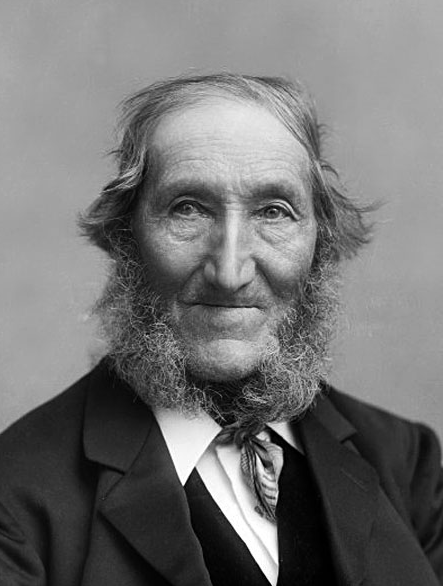
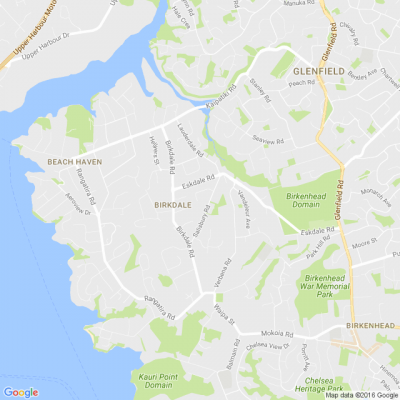
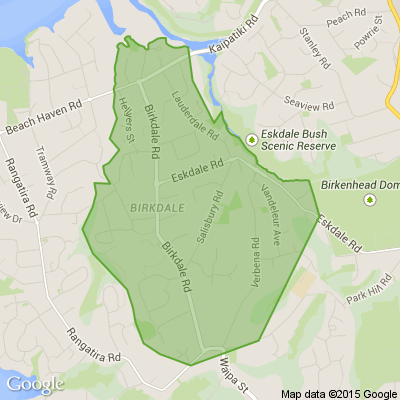
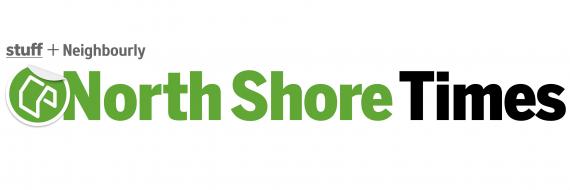




 Loading…
Loading…